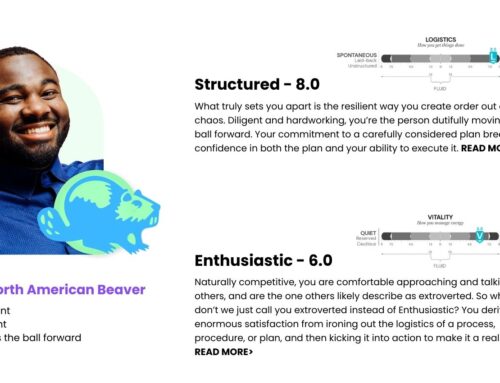Why Two Can Be a Lonely Number
Much the way experts mistakenly assumed introverts would do better than extroverts during the pandemic lockdown, similar assumptions about intimate couples being better suited to social isolation are also falling apart.
In a new paper, UCLA psychologist Benjamin Haggerty and colleagues suggest that intimate couples depend on the same wider social connections – friends and family – as do their single counterparts.
Furthermore, the team states that long stretches of exclusive time together can lead to unique stressors that can test or even destroy those relational bonds – particularly if the couple is also struggling with financial, childcare, or work-related challenges.
Previous research already has established that socially isolated couples struggle more than those with strong networks of family and friends. Throw in a pandemic, however, and isolated couples can begin to turn on each other, thereby destroying their lone social connection.
Research also has shown that socially isolated couples suffer from higher levels of unhappiness with their relationship, rates of infidelity, and divorce.
Other interesting nuggets from the paper:
- Younger couples are more dependent on outside connections, in part because they are learning to operate socially as a couple. Absent those connections, it can be difficult to deepen that early bond.
- Older couples, though committed to their relationship, may drift apart over time and depend on external connections for their social enjoyment and validation.
- Eastern cultures generally fare better in social isolation thanks to their strong familial bonds and collectivist mindset.
Why Two Can Be a Lonely Number
Much the way experts mistakenly assumed introverts would do better than extroverts during the pandemic lockdown, similar assumptions about intimate couples being better suited to social isolation are also falling apart.
In a new paper, UCLA psychologist Benjamin Haggerty and colleagues suggest that intimate couples depend on the same wider social connections – friends and family – as do their single counterparts.
Furthermore, the team states that long stretches of exclusive time together can lead to unique stressors that can test or even destroy those relational bonds – particularly if the couple is also struggling with financial, childcare, or work-related challenges.
Previous research already has established that socially isolated couples struggle more than those with strong networks of family and friends. Throw in a pandemic, however, and isolated couples can begin to turn on each other, thereby destroying their lone social connection.
Research also has shown that socially isolated couples suffer from higher levels of unhappiness with their relationship, rates of infidelity, and divorce.
Other interesting nuggets from the paper:
- Younger couples are more dependent on outside connections, in part because they are learning to operate socially as a couple. Absent those connections, it can be difficult to deepen that early bond.
- Older couples, though committed to their relationship, may drift apart over time and depend on external connections for their social enjoyment and validation.
- Eastern cultures generally fare better in social isolation thanks to their strong familial bonds and collectivist mindset.



